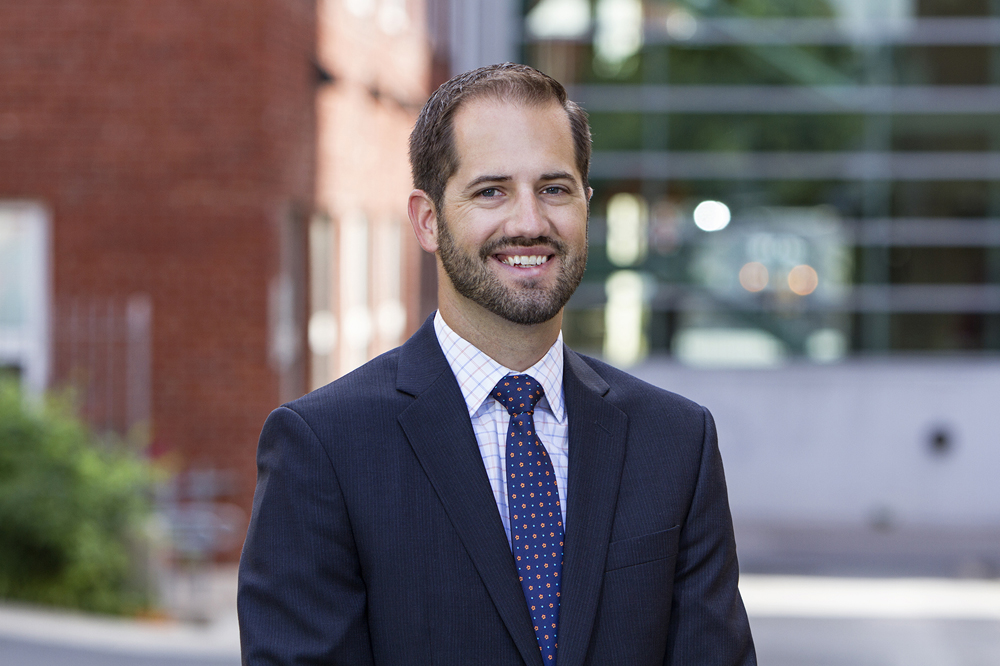Why after-hours social media posts can still spell on-the-job trouble
October 24, 2016
Publications
Many people think that only teenagers and twentysomethings are using Facebook, Twitter, Instagram, Snapchat, Pinterest, LinkedIn and Google Plus to interact with others.
Not so.
More than 60 percent of those in the 50- to 64-year-old age group use Facebook. As many would expect, 85 percent of 18- to 29-year-olds do. And a full one-quarter of 30- to 49-year-olds use Twitter and Instagram. Thus, this issue is becoming more prevalent and causing more impact in the workplace.
As an employee, you may think that what you post on social media — from your couch, on your own time, on your device — is none of your boss’s business.
On the flip side, as an employer, you may want to regulate it all, even asking for passwords for Facebook and Twitter to monitor what your workers are posting around-the-clock.
The truth is, the rights and responsibilities spawned by the explosion of social media fall somewhere between these two extremes.
The following federal court decisions are helpful in illustrating the limits of employee privacy on social media during non-working hours and provide some rules of the digital road for employers:
Three D, LLC v. National Labor Relations Board
In Three D, LLC v. National Labor Relations Board, two employees at the Triple Play Sports Bar and Grille in Connecticut were criticizing the bar’s pay practices in a “colorful” manner on Facebook, resulting in their being fired for disloyalty and obscenity. The employer took issue with the fact that its customers could view the disloyal and obscene conversations via the employees’ Facebook pages.
However, when the employees challenged their terminations, the National Labor Relations Board found that the employer violated the employees’ protected rights under Section 7 of the National Labor Relations Act (“NLRA”) – a decision that was upheld by the U.S. Second Circuit Court of Appeals. In its ruling, the Second Circuit affirmed that the employee’s comments were protected speech under the NLRA because they were not made, “to disparage Triple Play or to undermine its reputation.” Additionally, the court ruled it would be too chilling to the employees’ protected speech if the employer were permitted to punish them for Facebook or other social media posts that could potentially be seen by customers.
Maldonado-Catala v. Municipality of Naranjito
In Maldonado-Catala v. Municipality of Naranjito, a local EMT filed suit against the municipality alleging a hostile work environment based on her gender and perceived sexual orientation. Among her various claims were allegations that the municipality did not sufficiently investigate and act when she showed them harassing Facebook messages she received from a co-worker during non-working hours.
In denying the municipalities motion to dismiss the case on summary judgment, U.S. Magistrate Judge Bruce J. McGiverin found that even if some harassing or hostile conduct happens outside work hours and away from the workplace, it doesn’t absolve employers from potential liability.
The takeaways
When it comes to workers’ use of social media on their own time, employers need to be careful about discipline and policies that can be seen as overly broad and curtailing the right to employee protected speech under the National Labor Relations Act.
On the flip side, employers aren’t free to turn a blind eye to off-hour social media posts that can be construed as employee harassment, especially if they are made aware of the posts. Employers arguing that the posts are out of their scope of responsibility will likely face a tough fight in the courts.
Bottom line: when it comes to social media, striking a balance between employee and employer rights is still an evolving area of law, but the boundaries are starting to form. Courts, for example, have ruled that it is far too invasive for employers to ask employees or job applicants for social media passwords. There are times when an employer must take action based on an employee’s social media activity to avoid potential liability, even if such activity was during non-working hours.
While it is often easier and less confrontational to ignore posting, tempting bosses to say, “This was not on my time, so it’s not my problem,” it is, in point of fact, an issue. Should a situation arise over social media use and/or specific posts, before taking action employers are well advised to consult with an experienced employment attorney to fully assess potential liabilities.
Mark A. Hipple is a member of McNees Wallace & Nurick LLC’s Labor and Employment Group, assisting clients with a broad range of issues including compliance with federal and state employment discrimination laws. Mr. Hipple can be reached at 717-237-5367 or mhipple@mcneeslaw.com.


